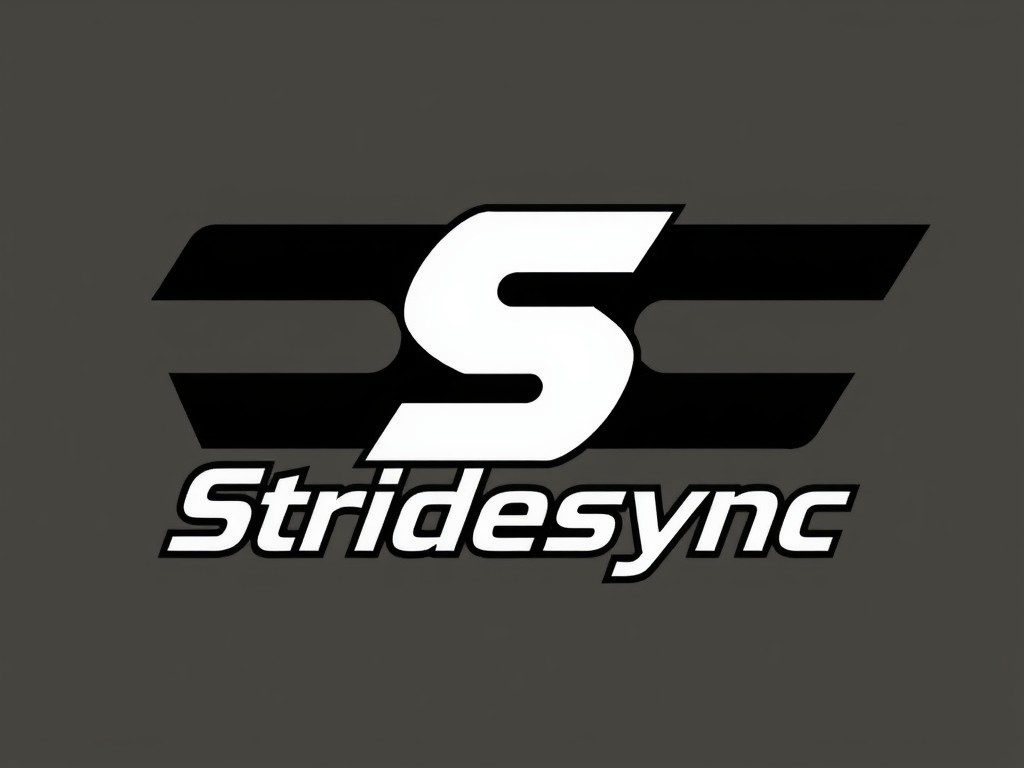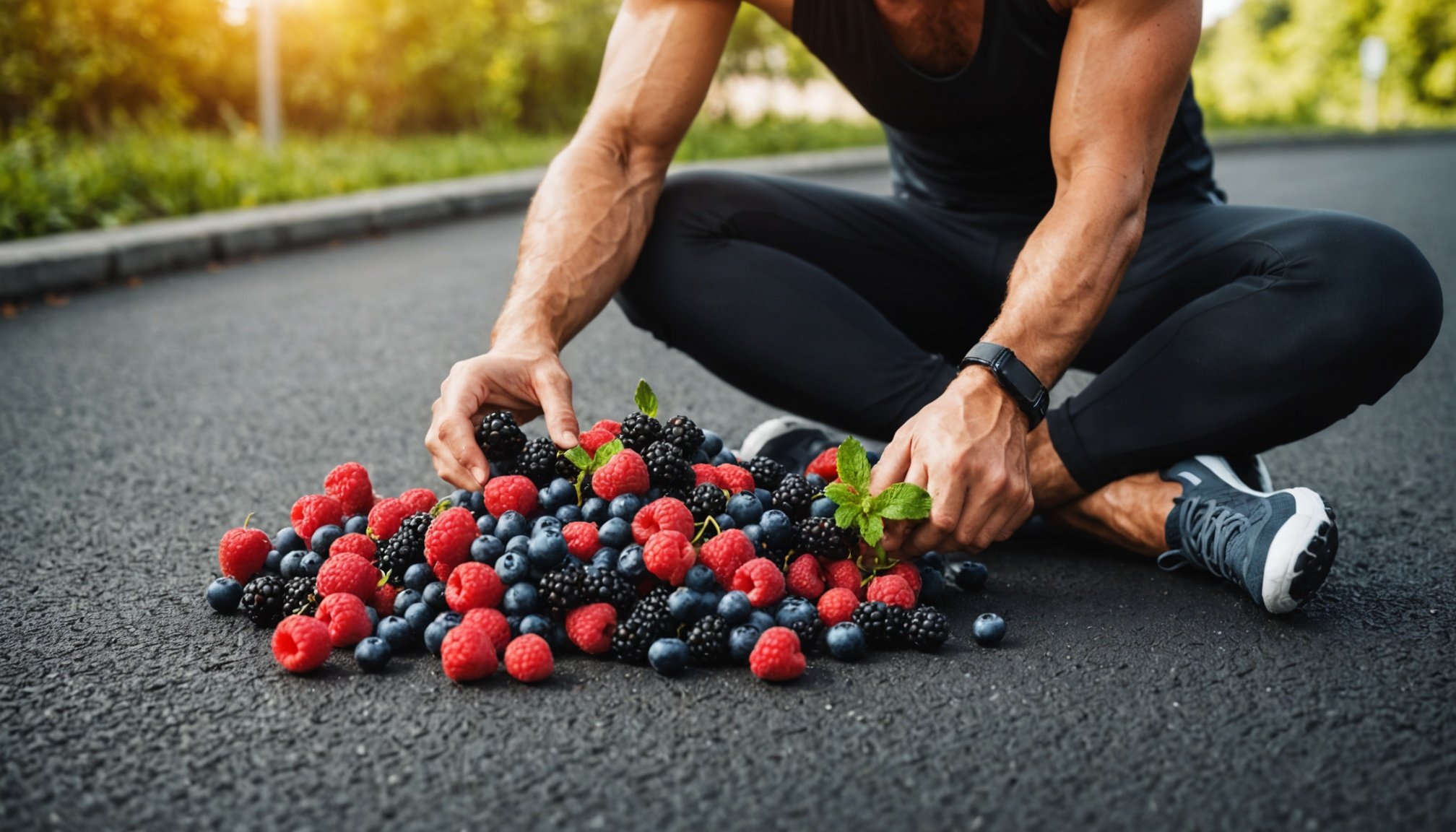The Role of Antioxidants in Post-Workout Recovery
Antioxidants serve as crucial protectors against oxidative stress, especially after intense exercise. These compounds work by neutralising free radicals—unstable molecules produced during workouts—that can damage cells and impair recovery. By reducing oxidative stress, antioxidants promote the healing process and help restore muscle function more efficiently.
Post-workout recovery is essential not only for maintaining athletic performance but also for overall health and well-being. Effective recovery ensures that muscles repair and strengthen, reducing the risk of injury and enhancing performance in future exercises. Athletes often seek out methods to optimise recovery, and antioxidants play a significant role in this regard.
Have you seen this : Unlocking Superior Sleep Strategies for Enhancing Performance in Track and Field Athletes
After intense exercise, the body’s production of free radicals is heightened, which can lead to muscle soreness and fatigue. Incorporating antioxidants into a recovery regimen can mitigate these effects. Common sources of antioxidants include vitamins like C and E, as well as polyphenols found in fruits, vegetables, and tea. Consuming these can help in restoring muscle health by combating the oxidative stress associated with such demanding activities. Emphasising antioxidant-rich foods in a balanced diet is a natural approach to bolster one’s recovery process and promote long-term fitness goals.
Scientific Research on Antioxidants and Recovery
A comprehensive overview of scientific studies highlights the role of antioxidants in enhancing recovery. Numerous recovery research projects focus on antioxidants’ efficacy in promoting muscle healing after exertion.
In the same genre : Unlocking Performance: The Advantages of Foam Rolling for MMA Fighters
Key Studies Supporting Antioxidant Use
Several key studies underline the pivotal role of antioxidants. One notable study illustrated significant improvement in muscle recovery rates in athletes consuming antioxidant-rich diets. Such scientific studies underline antioxidants’ potential to reduce muscle soreness and expedite recovery processes.
Mechanisms of Action in Muscle Recovery
Mechanistically, antioxidants combat oxidative stress by neutralising free radicals, thereby reducing oxidative damage to muscle cells. This function helps in maintaining cellular integrity post-exercise, ultimately aiding in faster muscle recovery. Antioxidant efficacy largely depends on their ability to inhibit the oxidative processes that can damage tissue.
Limitations and Considerations of Current Research
Despite promising findings, some limitations exist in current recovery research. Conflicting results can be attributed to variables such as dosage and an individual’s baseline oxidative stress levels. Future studies should address these gaps by standardising methodologies to paint a clearer picture of antioxidants’ true effects. Understanding these nuances is essential to optimising antioxidant use for muscle recovery.
Antioxidant Sources and Dietary Recommendations
Understanding the best antioxidant foods is crucial for athletes aiming to enhance performance and recovery. Dietary sources of antioxidants include a variety of fruits, vegetables, nuts, and grains.
Foods High in Antioxidants
Incorporating foods rich in antioxidants into your diet can offer significant health benefits. Focus on:
- Blueberries, strawberries, and raspberries for vitamin C and flavonoids.
- Spinach and kale, high in vitamins A and E.
- Nuts and seeds, which provide selenium and zinc.
- Whole grains, offering a source of key phytochemicals.
Recommendations for Post-Workout Nutrition
Post-workout nutrition plays a pivotal role in recovery. Consuming antioxidant-rich foods soon after exercise can mitigate oxidative stress and aid muscle recovery. Include:
- A smoothie with berries and leafy greens.
- Almonds or walnuts as a snack.
- A meal with quinoa and roasted vegetables.
Antioxidant Supplements: Pros and Cons
Antioxidant supplements may appear convenient, yet the efficacy and safety are debatable. While they can complement a balanced diet, over-reliance should be avoided. Natural sources of antioxidants provide additional nutrients and are generally considered safer and more beneficial in the long term.
Practical Applications for Athletes and Fitness Enthusiasts
When it comes to athlete nutrition, understanding the timing and dosage of antioxidants is essential for optimizing performance and recovery strategies. Consumption timing can significantly impact recovery efficiency. For optimal results, it is recommended to consume antioxidants post-workout, as this is when the body experiences oxidative stress. Ensuring the right dosage can further minimize this stress, leading to efficient recovery.
Timing and Dosage of Antioxidant Intake
Antioxidant intake should be strategically planned around workout times to maximise benefits. Post-exercise is the ideal moment, as the body is in a receptive mode for nutrients that aid in muscle recovery and reduce oxidative damage.
Combining Antioxidants with Other Nutrients
The combination of antioxidants with proteins and carbohydrates can yield synergistic effects. These nutrients work in harmony to not only repair muscle tissues but also replenish energy stores. It’s crucial to ensure balance in nutrient intake, enhancing the effectiveness of antioxidants.
Real-Life Examples of Successful Recovery Protocols
Several fitness tips from successful athletes highlight the benefits of a well-structured antioxidant regimen. For instance, combining Vitamin C with whey protein has been noted to enhance muscle recovery rates. Such protocols underscore the importance of tailored nutrition strategies for optimal results.
Potential Side Effects and Considerations
When it comes to incorporating antioxidants into your lifestyle, understanding health considerations is crucial. While antioxidants are essential for reducing oxidative stress, their overconsumption can lead to undesired side effects.
Overconsumption Risks
Excessive intake of antioxidants can sometimes cause more harm than good. High doses can interfere with certain medications, potentially leading to health complications such as nausea, headaches, and even pro-oxidant effects, which might increase oxidative stress rather than decrease it.
Individual Variations in Response
It’s crucial to acknowledge that each person can react differently to antioxidant supplementation. Factors like age, diet, and genetic makeup can influence how one’s body absorbs and utilises these compounds. Some individuals might experience enhanced benefits, while others could encounter adverse reactions. Personal health considerations become pivotal here.
When to Consult a Health Professional
Before embarking on an antioxidant supplementation regime, it’s advisable to consult a healthcare professional. They can provide personalised advice especially if you have pre-existing health conditions or are taking other medications. Always ensure your regimen is safe and tailored to your specific health needs.











